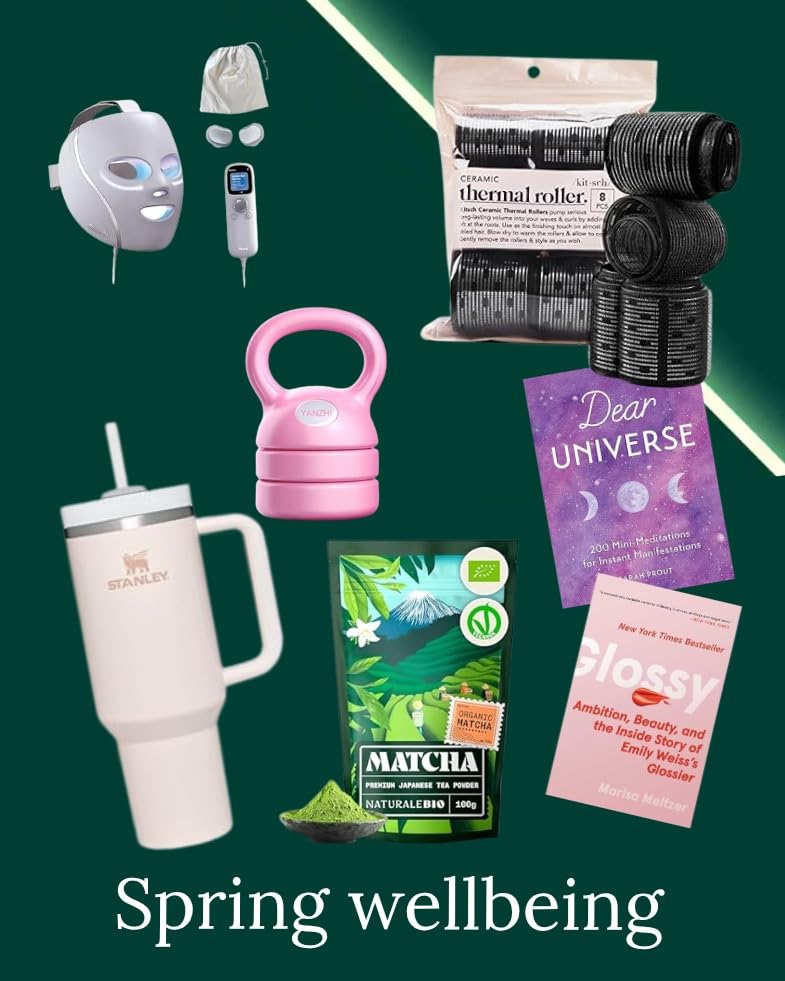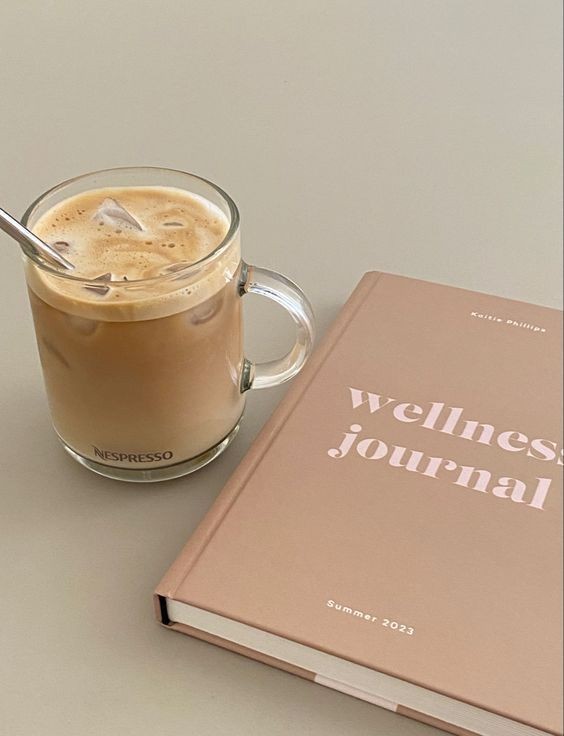Do You Have Poor Sleep Hygiene?
We all know that getting enough sleep is important for our mental and physical wellbeing. Adopting healthy sleep habits can lead to improved health, increased concentration, reduced levels of anxiousness, as well as giving our minds and bodies the chance to rest and repair. Unfortunately, many people struggle with forming healthy sleep habits and this can be due to a variety of reasons. Not getting the right amount of sleep is called poor sleep hygiene. This means that you’re either getting too little sleep, or you’re sleeping too much which leaves you feeling lethargic and unmotivated when you wake up. It’s important to pay attention to your sleep health and to fix your sleep schedule in order to fully benefit from this rest time.
With that said, it can be easier said than done. Factors such as as a heavy work schedule, parenting, raising a newborn baby, stress, diet and lifestyle can all play a role in how many hours we sleep at night. However, if you’re serious about learning how to have a better sleep then there are a number of ways in which we can fix bad sleep habits.
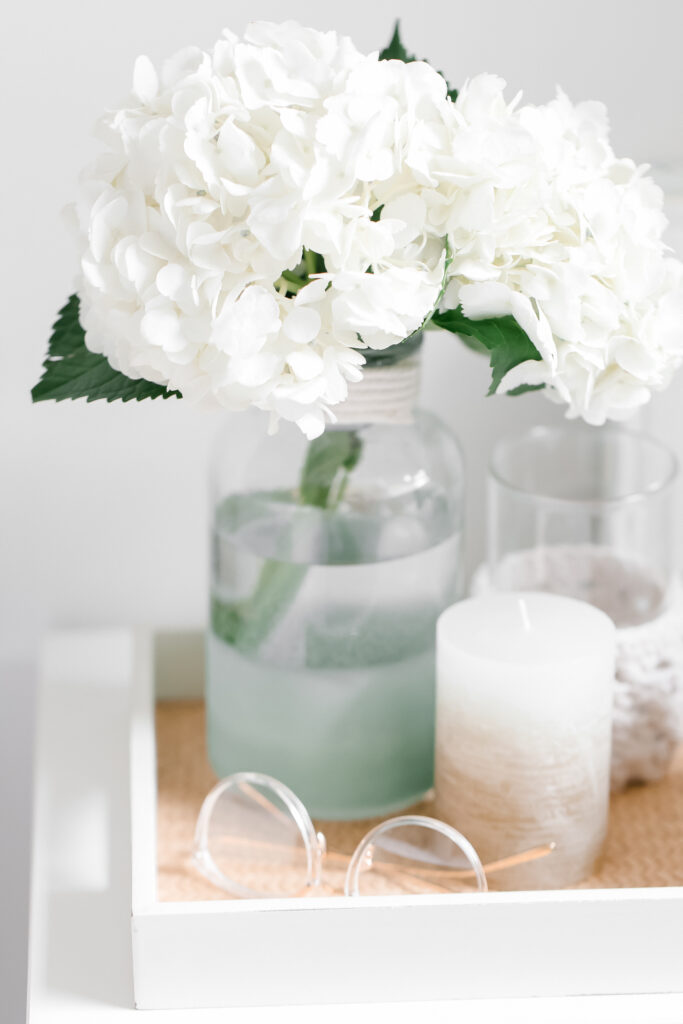
What Time Should I Go to Sleep?
What time you should go to sleep will vary from person to person. If you work during the evenings then this is going to look very different to somebody who wakes up at 4am to start their day. Although it’s typically advisable to go to sleep no later than 11pm. This for most people works well when establishing a health sleep routine. By going to bed and falling asleep by 11pm, you have enough time to get a full 8 hours of sleep before the majority of people have to wake up for work, school, and so on. So if you have to wake up at 7am then falling asleep at 11pm will give you the recommended 8 hours of sleep. If you have to wake up earlier then try to go to bed early enough to allow yourself at least 8 hours of rest.
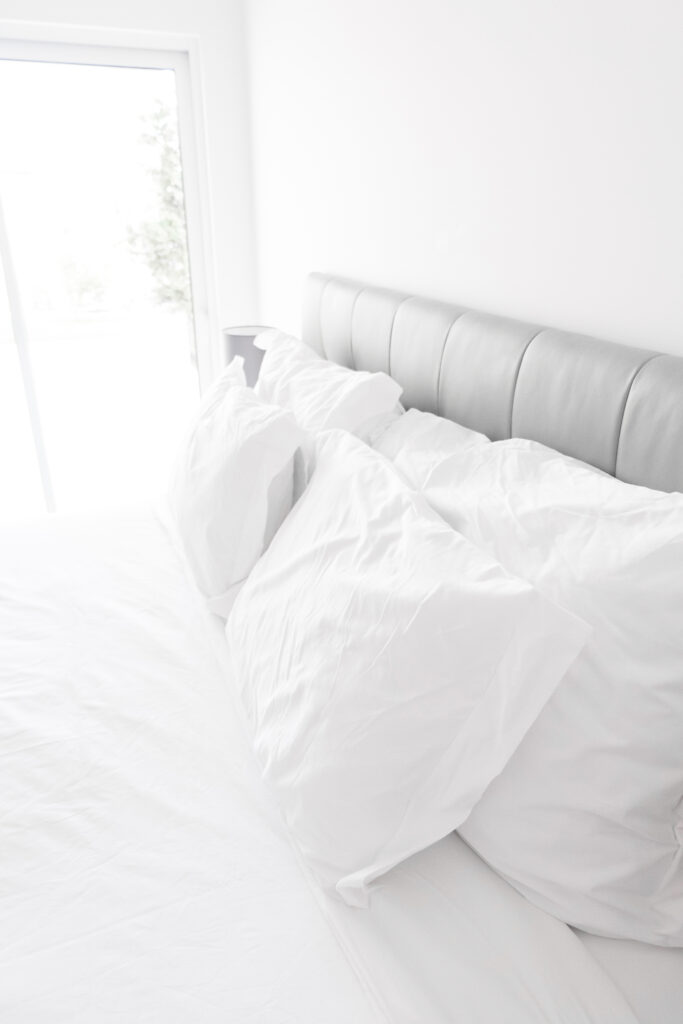
How Many Hours of Sleep is the Healthiest?
Experts recommend between 4-11 hours of sleep each night. Some people might find that they feel better sleeping for less hours, whereas others might require more hours of sleep. The best way to work out how many hours of sleep you need it to vary the time at which you go to bed and wake up in the morning. Then try to establish how many hours are enough that leave you feeling refreshed, alert and with little signs of fatigue.
Does Napping Count Towards Your 8 Hours of Sleep?
In order to fully understand the importance of sleep, we need to first learn how sleep works. Your longest sleep, which is typically your nighttime sleep is a cycle (more on this in just a moment). While napping can be beneficial if you’re struggling to get enough sleep at night, napping does not count towards your 8 hours of sleep. Napping is great for those who need to take a rest during the daytime, in order to increase concentration and overcome fatigue. While napping can help some people form a better sleep schedule and improve sleep habits, it does not contribute to your recommended 8 hours of sleep and should not be used to replace a healthy sleep routine at night. There is however, an issue with napping. Napping can disrupt sleep pattens if you sleep for too long during the daytime, which can lead to problems with falling asleep at night. That’s why sleep experts recommend the Nappuccino Method as the better way to take a nap. You can read more on the Nappuccino Method here.

The 3 Phases of Sleep and How Sleep Actually Works
Now for the really interesting part! If you’re still wondering why it’s so important to adopt healthy sleep habits then we really need to look at how sleep actually works. Have you ever stopped and thought for a moment what actually happens when we sleep? Although we often use phrases like “time to switch off at night” when referring to bed time, our bodies don’t actually switch off or take a break. In fact, our bodies are working just as hard at nighttime as they are during the daytime. If you find that you suffer from broken sleep then you might not be entering all 4 phases at night when you sleep, which could be the reason why you are always tired. When we fall asleep at night, we enter into a cycle. There are 4 phases in this cycle, all of which vary in duration and are crucial to getting a healthy sleep. If you’re wondering how to get the best sleep of your life then you need to go through all 4 sleep phases at night.
The 4 Phases of Sleep are as Follows:
Phase 1: This is the lightest stage of sleep, where you drift in and out of consciousness. It’s easy to be woken up during this phase, as your body hasn’t fully relaxed into deep sleep yet. Typically, Phase 1 lasts around 10 minutes before transitioning into the next stage.
Phase 2: Often referred to as the “real sleep phase,” this stage is when your body fully relaxes, your heartbeat slows, and your temperature drops. It’s a crucial period for rest and recovery, making up the longest portion of your sleep cycle—typically lasting between 20 to 30 minutes.
Phase 3: Also known as slow-wave sleep (SWS), this is the body’s deep restorative phase. During this time, cellular repair takes place, energy levels are replenished, and your body works to heal and rejuvenate itself.
Phase 4: This is REM (Rapid Eye Movement) sleep, where your brain activity spikes, your eyes move rapidly beneath your eyelids, and dreaming occurs. This stage plays a crucial role in cognitive function, memory processing, and emotional regulation. Once REM sleep ends, your body cycles back to Phase 1, repeating the process until you wake up.
Experiencing all four sleep phases is essential for optimal health. Poor sleep, frequent disruptions, or insufficient rest can prevent your body from fully completing these cycles, leading to fatigue, reduced cognitive function, and overall negative effects on well-being. Prioritizing quality sleep ensures you receive the full benefits of each phase, helping you wake up feeling refreshed and restored.
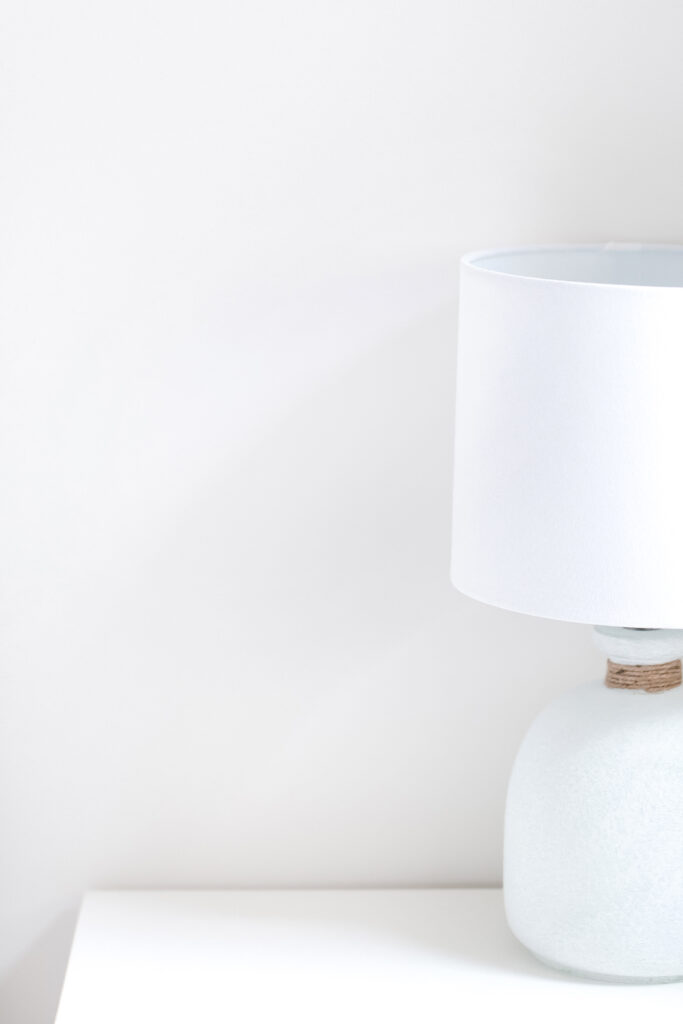
Tips on Quick Ways to Fall Asleep
In order to improve sleep hygiene and fall asleep faster, here are our top tips on how to sleep well at night.
Invest in cozy sleepwear
We’re not talking loungewear or an old t-shirt, we mean actual pyjamas. The reason for this is that if you wear daytime clothes for bed, you’re not differentiating your daytime wear from your nighttime garments. By having a different outfit for bedtime, which you wouldn’t want to wear outdoors, you are telling your subconscious mind that you are dressed for sleeping. Then when you wake up in the morning, don’t delay getting dressed into your daytime clothes. By setting clear boundaries on what you wear during the day and night, you can quicken up the rate at which you wake up and fall asleep. So here’s your chance to treat yourself to some cute pyjamas!
Don’t Over-Caffeinate
Be mindful of not drinking any caffeinated drinks before you go to sleep. The problem with caffeine is that caffeine takes a few hours to kick in and so it’s important to stop caffeine consumption 3-4 hours before you go to bed.
To Nap or Not to Nap
If you generally tend to sleep 8 hours at night with few disturbances throughout the night, i.e. not waking up multiple times then try to avoid napping throughout the day. Napping is great for recharging your batteries during the day if you haven’t had a good sleep at night but taking a nap during the day can also disrupt your sleep pattern if you tend to sleep for long enough once you’ve managed to drift off.
Establish a Healthy Sleep Routine
Try to wake up and go to bed at the same time each day or at least within a 1 hour window. So if you have to wake up at 6am-7am, try to ensure that you’re in bed and ready to fall asleep between 10pm-11pm. Establishing a healthy sleep pattern will train your body clock to wake up and fall asleep at this time, while also ensuring that you get enough rest.
Create Your Own Evening Ritual
Do something relaxing in the evening to help you unwind and relax before you go to bed. Your evening ritual can be anything you want, such as styling your hair with heat-free curlers, journaling, reading a book, your skincare routine, crafting or playing a game. Whatever it is, try to stick to this evening ritual daily so that you start to relax before climbing into bed after a busy day.
No Screens
Aim to switch off devices or at least, not check your phone at least 1 hour before you go to bed. Excessive screen time has been linked with insomnia and can prevent you from falling asleep easily. If it’s difficult to break the habit, why not try keeping your phone in another room or away from your bedside so that you don’t feel the urge to pick it up.
Light Therapy
Lighting can be a real issue when it comes to sleep. Getting the lighting right depends on many factors, including your personal preference as to how dark or light you like your sleeping environment, the climate you live in, your choice of home decor, the time of year, the time at which you go to bed and wake up. But before you consider moving or redecorating, consider trying a sleep mask can help to block out light in order to make it easier to fall asleep faster. Alternatively, investing in a light alarm clock could be a worthwhile investment. Simply set your light therapy alarm clock for the desired time you wish to wake up and fall asleep. The clock will gradually dim the room you’re sleeping in when it’s time to fall asleep and will slowly brighten when it’s time to wake up. You can also use it like a regular alarm clock with a sound alarm too. The purpose of these clocks is to resemble the natural rise and fall of the sun. These kind of clocks are also ideal for those who work irregular hours, such as night shift workers.
Wishing you sweet dreams and a better sleep!



